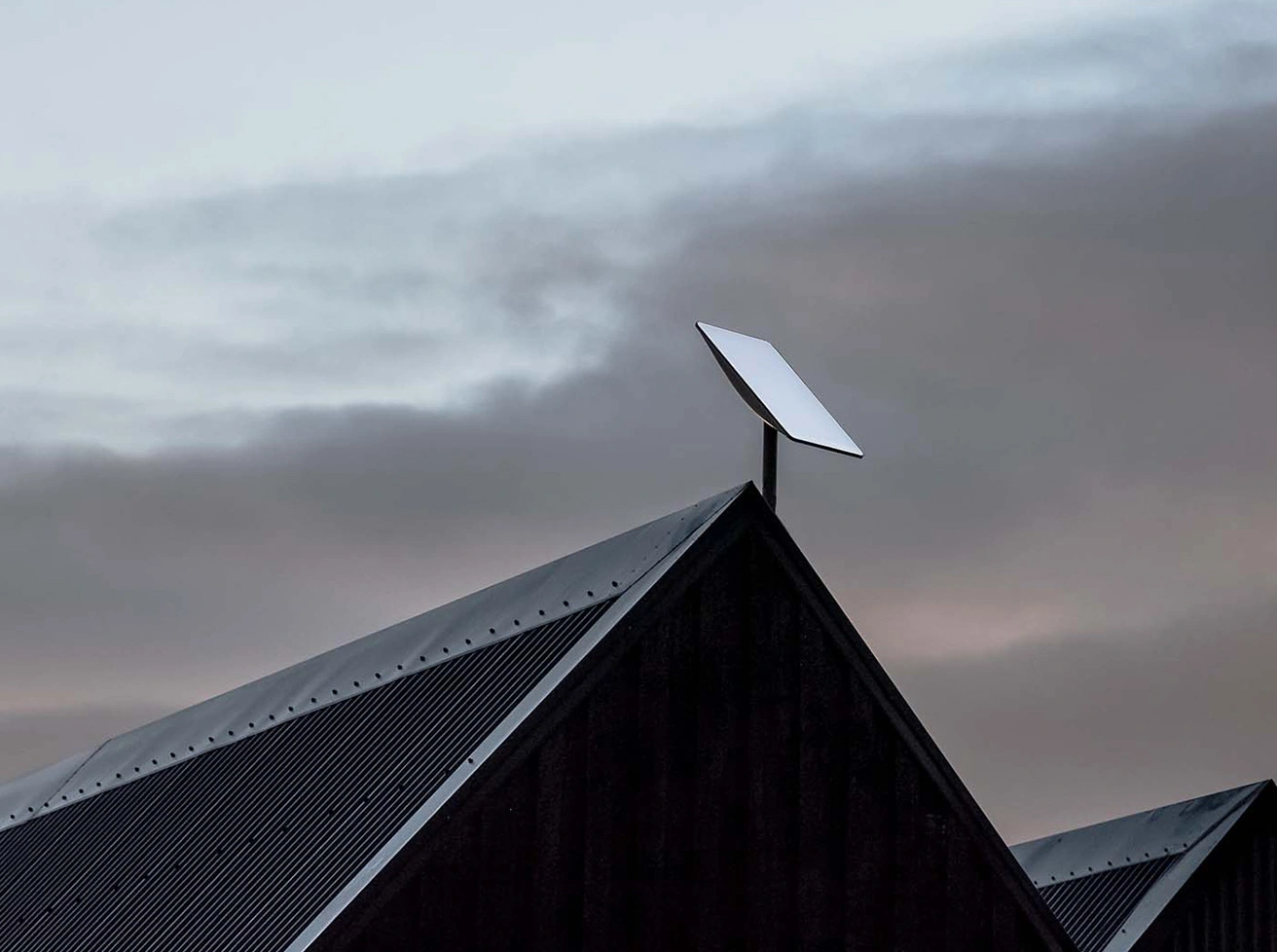- Cameroonian authorities are concerned that Starlink’s entry into the market will threaten Camtel, the country’s national telecommunications and Internet service provider.
- At the recently concluded launch of the Industry Maker Academy (IMA 2024), Minister of Posts and Telecommunications Minette Libom Li Likeng stated, “If Camtel does not improve its performance, Starlink will overshadow it.”
- Starlink is reportedly in talks with Cameroon through its Africa Director, as the minister acknowledged meeting with the Director.
“I have already met with Starlink’s Director for Africa, and we have informed them that the Cameroonian market is open but regulated. A licence is required.”
Other African countries, such as Ghana, Zimbabwe, and Botswana, have banned Starlink due to licencing requirements.
However, after Ghana’s telco declared it illegal in December 2023, in March 2024, the government said it was considering granting Starlink an operational licence in light of a March 2024 Internet outage that hit most African countries.
Other concerns about Starlink raised by Libom Li Likeng include fraudulent commercial activities, exploitation of Starlink terminals, and personal data risks.
“Protecting personal data is akin to how we protect ourselves and dress. Using new technologies without considering how information is protected and managed leaves you at the mercy of fraudsters,” Libom Li Likeng said.
According to the report, the Minister also mentioned sending a note to Starlink a few days ago, requesting that it discontinue Cameroonians who have access pending its official licence to “protect” the market.
Despite the concerns, Starlink is said to provide high-quality broadband connectivity and could help avoid disruptions associated with fibre optic breakages. Telecommunications companies like Camtel rely on cable or fibre optic deployment.
Elon Musk’s Starlink has been making headlines as it enters Africa, reaching over eight African countries. According to information on its website, Starlink will be available in more countries, including those where it has been banned, by the third quarter of 2024.
While it has yet to be licenced in many African countries, it is sought after for its high-speed Internet and ability to connect even in remote areas, among other benefits.











